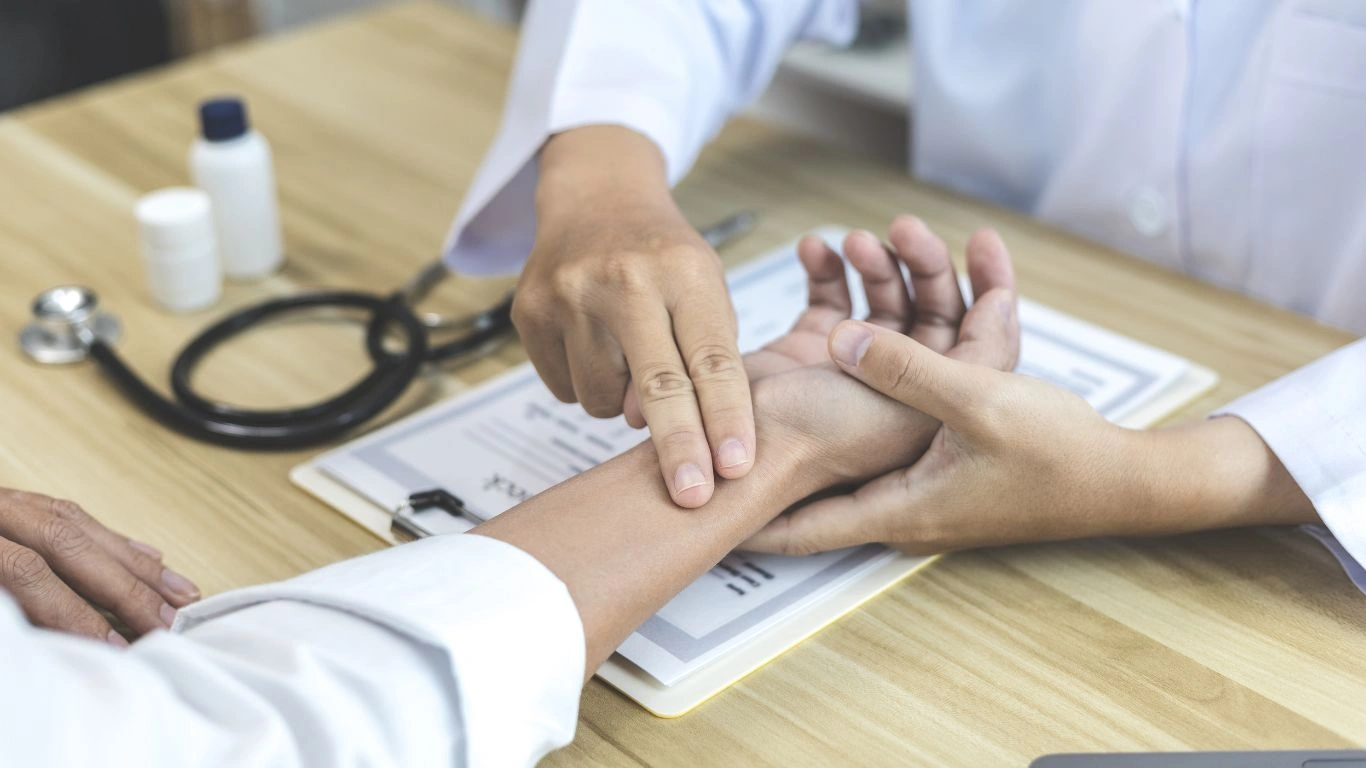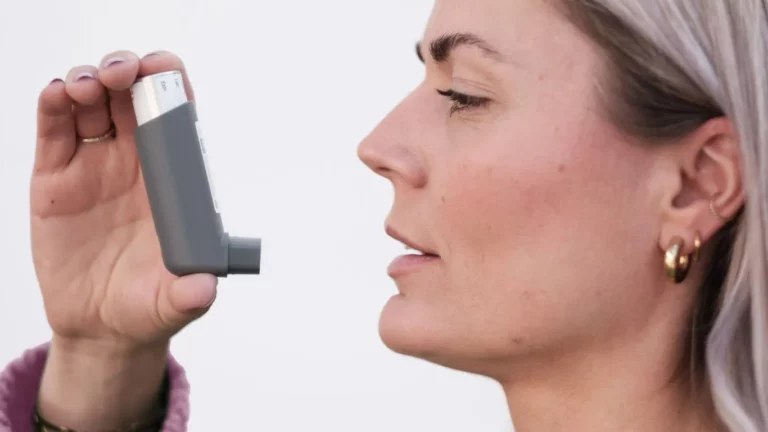Unmasking the Dangerous Link Between Hypertension and Sleep Apnea
If there’s one thing I’ve learned in my years as an internal medicine physician specializing in hypertension management, it’s that high blood pressure rarely shows up to the party alone. One particularly sneaky partner it often brings along? Sleep apnea. Yes, that thing people usually associate with snoring, fatigue, or CPAP machines. But the hypertension and sleep apnea connection goes way deeper than most patients—and even some doctors—realize. I’ve seen this duo wreak havoc on people’s health silently and relentlessly, and it’s time we have a real talk about it.
The Overlooked Link Between Sleep and Blood Pressure
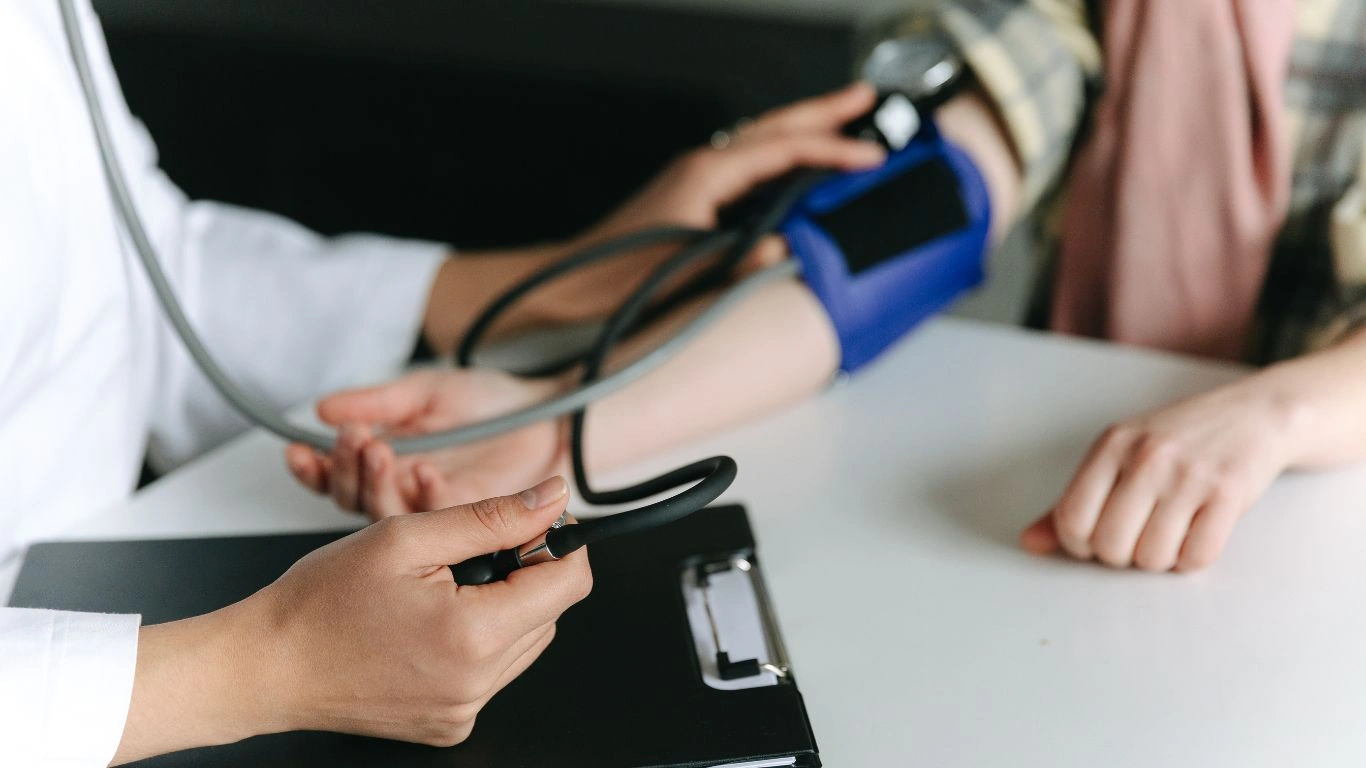
Not Just About Snoring—The Real Story Behind Sleep Apnea
Here’s the thing: sleep apnea isn’t just about loud snoring or waking up groggy. At its core, it’s a condition where breathing repeatedly stops and starts during sleep. When this happens, oxygen levels dip, and your body, thinking it’s under attack, sends stress signals that spike your blood pressure. And this doesn’t happen once or twice—it can happen dozens or even hundreds of times a night.
In clinic, I’ve had patients shocked when I suggest a sleep study. They come in for uncontrolled hypertension, despite being on multiple meds. They’re doing “everything right”—low sodium, regular exercise, cutting back on caffeine. And still, the numbers won’t budge. That’s when I start asking about their sleep.
My Wake-Up Call: The First Time I Connected the Dots
I remember one patient vividly. Mid-50s, healthy weight, non-smoker. His blood pressure was stubbornly high, no matter what meds we tried. One day, almost jokingly, I asked, “Do you snore?” His wife, sitting next to him, practically jumped out of her chair: “He sounds like a freight train!” That was the turning point. We got him tested, diagnosed with moderate sleep apnea, and once he started CPAP therapy—bam. His BP started trending down for the first time in years. That’s when I became borderline obsessed with screening for sleep apnea in my hypertensive patients.
Why Sleep Apnea Makes Hypertension So Hard to Treat
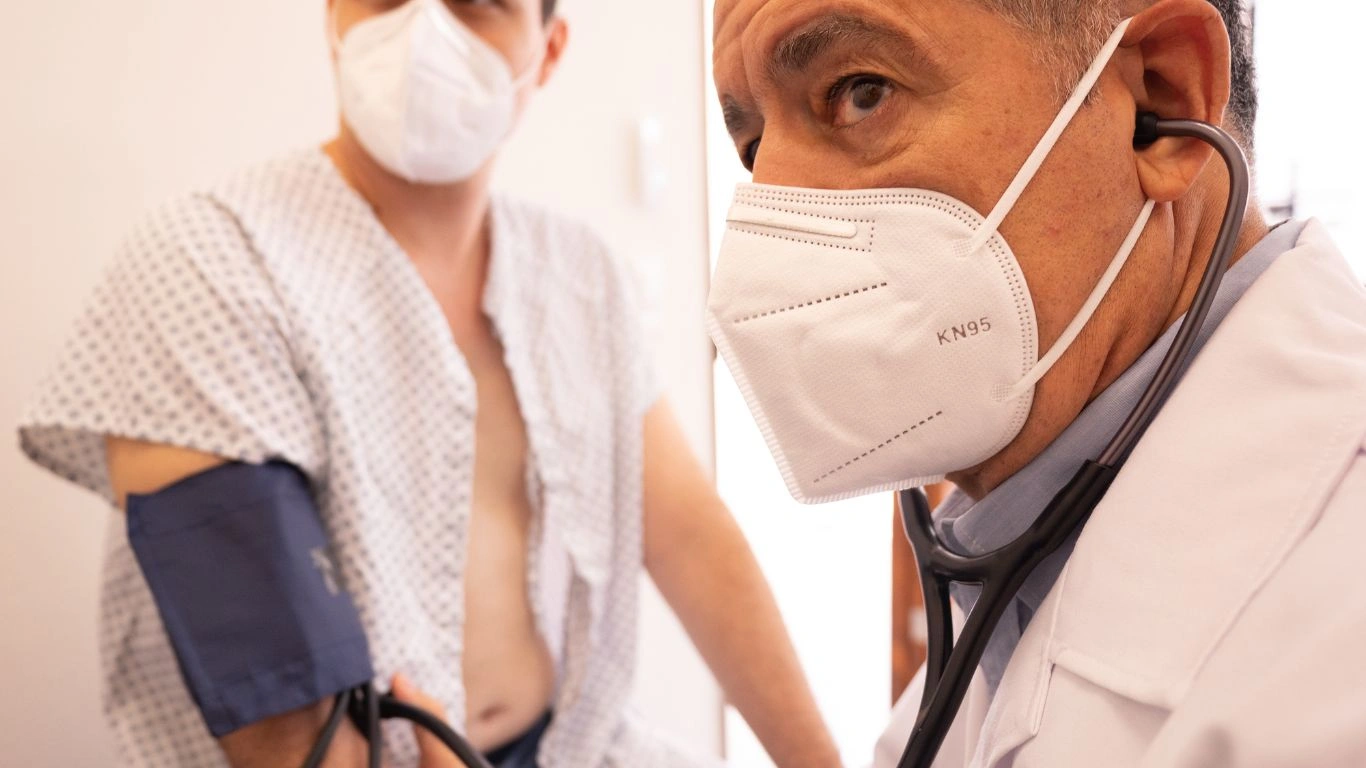
The Science Behind the Struggle
Every time your airway collapses during sleep and your body jolts itself awake to breathe, your sympathetic nervous system—the one responsible for “fight or flight”—gets activated. That constant activation keeps your blood pressure elevated even during the day. It’s like being chased by a tiger all night, every night. No wonder your body’s in overdrive.
This also explains why folks with sleep apnea often have what’s called resistant hypertension—high blood pressure that doesn’t respond well to medications. If you’re just treating the symptoms (the elevated numbers) and ignoring the cause (oxygen starvation during sleep), you’re in an endless loop.
It’s Not Just the Nighttime Numbers That Matter
What surprised me early on was how much nocturnal blood pressure contributes to long-term heart disease risk. In healthy individuals, blood pressure naturally dips during sleep. But with sleep apnea, that dip often doesn’t happen. This “non-dipping” pattern is a huge red flag for cardiovascular issues.
- Increased risk of heart attacks
- Greater likelihood of developing atrial fibrillation
- Worsening kidney function over time
And yet, so many people don’t even know they have it.
Red Flags: Could Sleep Apnea Be Affecting Your Blood Pressure?
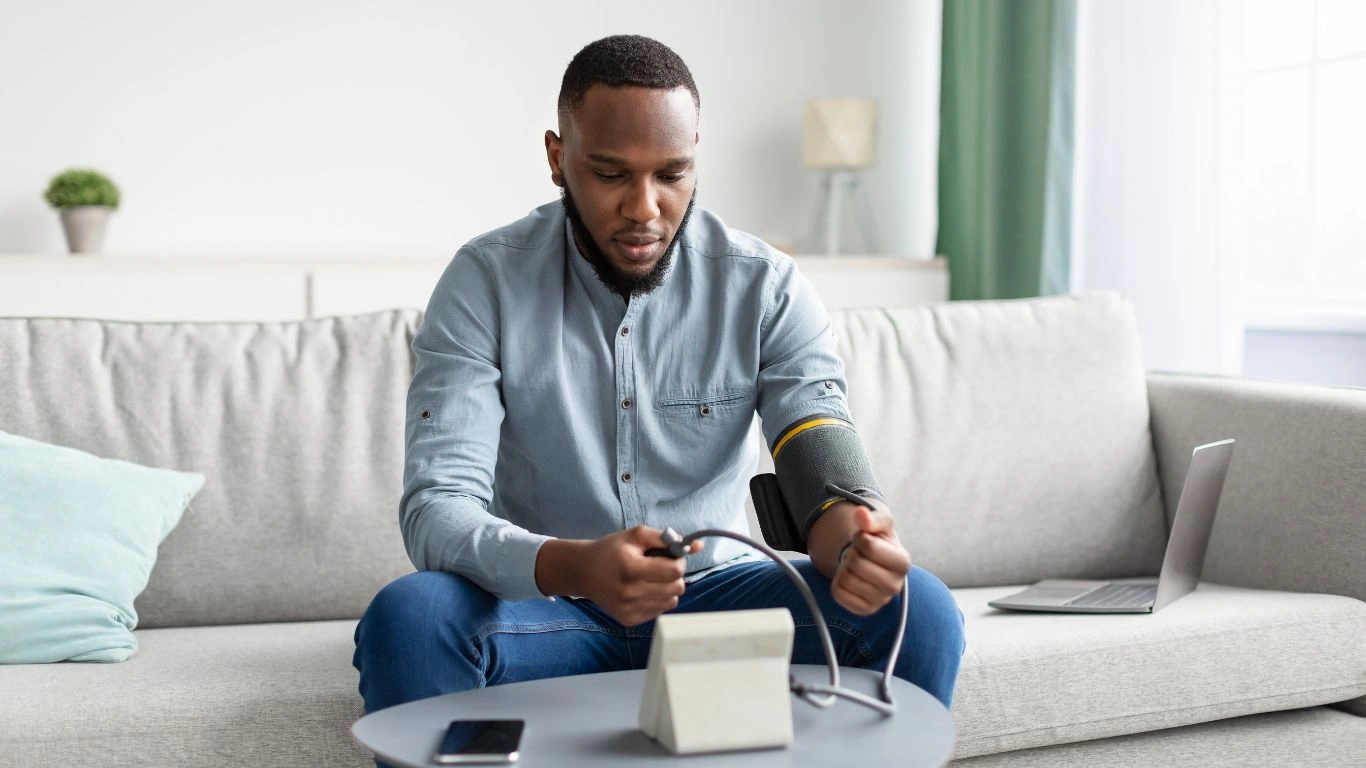
What I Ask My Patients
When I’m evaluating someone with hard-to-control hypertension, I run through a mental checklist:
- Do you snore loudly—enough to be heard through doors?
- Do you ever wake up gasping or choking?
- Is your partner worried about pauses in your breathing?
- Do you feel exhausted despite a full night’s sleep?
- Are you on more than two blood pressure meds and still struggling?
If the answer is “yes” to more than a couple, we’re definitely talking about a sleep study. It’s not just about treating sleep apnea—it’s about unlocking better blood pressure control without endlessly adding medications.
Getting a Diagnosis: Don’t Sleep on Sleep Studies

Why More People Should Get Tested
Honestly, I think every primary care doc should keep a sleep study referral form ready to go—especially when they see resistant hypertension. But the reality is, many people still don’t know what a sleep study even is, or they assume it’s going to be some huge hospital production with wires sticking out of everywhere.
Here’s the truth: it doesn’t have to be that dramatic. Home sleep studies have come a long way. They’re way less intimidating now—think a simple chest strap, nasal cannula, and finger probe. That’s it. And the data we get is surprisingly good. For a lot of my patients, this is the key that finally cracks the code on why their blood pressure won’t behave.
What I Tell My Patients About Testing
I always say, “Look, if we’re throwing meds at your BP and nothing’s budging, let’s figure out if something deeper is going on. Wouldn’t it be great if the real issue was something we could actually treat?” That usually gets their attention.
And let me tell you—when the sleep apnea diagnosis comes in, it’s like we suddenly have a map instead of guessing in the dark.
Managing Sleep Apnea: How It Changes the Game for Hypertension

The Not-So-Scary CPAP Machine
Okay, let’s talk about CPAP—the Continuous Positive Airway Pressure device that’s become almost infamous. I’ve had patients joke that it looks like something from a sci-fi movie. And sure, it takes some getting used to. But here’s the wild part: once people stick with it, they feel better. Not just better rested, but better overall.
I’ve had patients come back three weeks into using CPAP and say, “Doc, I haven’t felt this awake in ten years.” And then I start seeing their BP readings drop. It’s like magic—but it’s science. Restorative sleep calms that sympathetic nervous system down, reduces nighttime surges, and suddenly meds that used to do nothing start working again.
Tips I Give for Sticking With CPAP
Look, I won’t lie—CPAP isn’t love at first sight for everyone. But here are a few tips I’ve shared over the years that make a big difference:
- Make sure your mask fits right. Leaks = discomfort = non-compliance.
- Use a humidifier if you’re waking up with a dry throat.
- Clean the tubing and mask regularly to keep things fresh.
- Give it time—at least two weeks of consistent use before deciding it’s not for you.
Oh, and talk to your sleep specialist. A quick adjustment in pressure settings can make or break your experience.
Beyond CPAP: Other Treatment Options That Support Blood Pressure
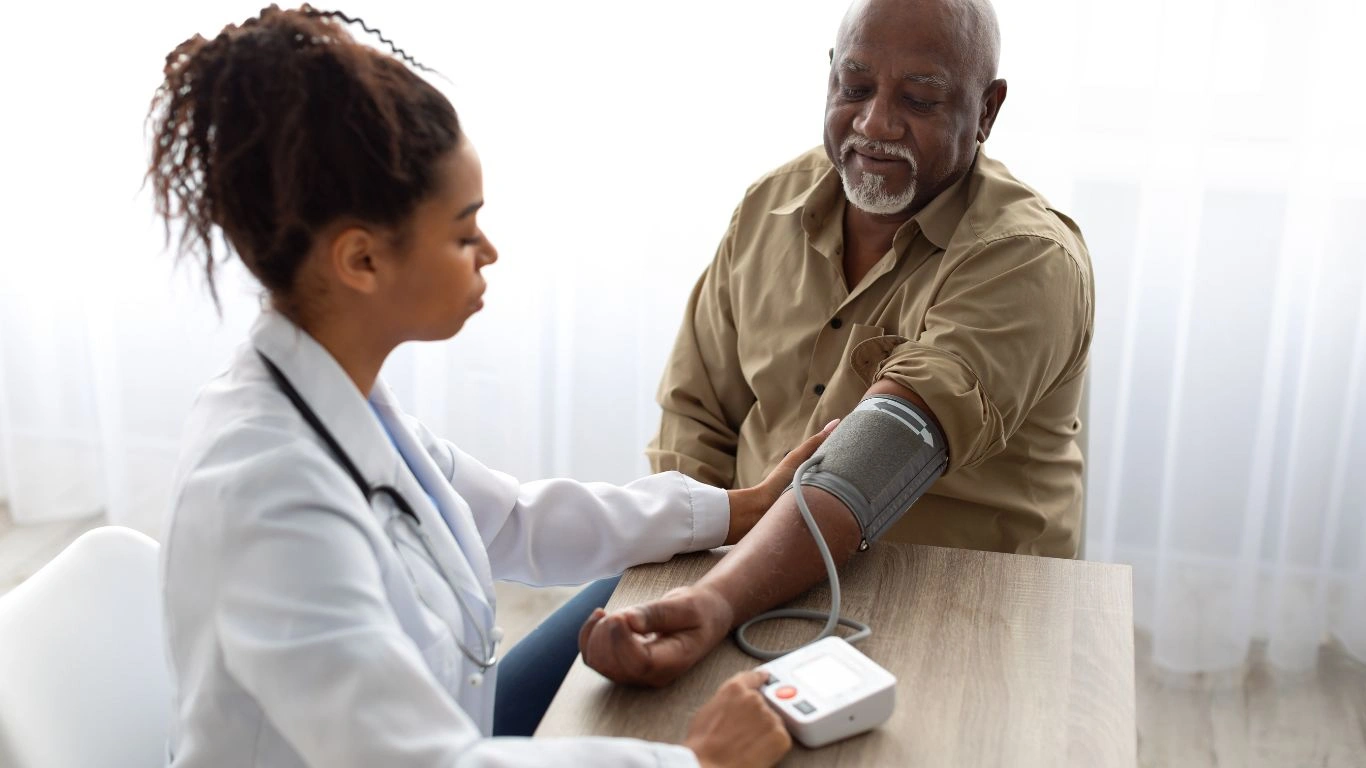
When CPAP Isn’t the Only Answer
While CPAP is the gold standard, it’s not the only tool in the shed. Some folks really can’t tolerate it, and that’s okay. There are alternatives:
- Oral appliances – Small devices worn in the mouth that keep your airway open.
- Positional therapy – For people whose apnea worsens when they sleep on their back.
- Surgery – In selected cases, ENT procedures can actually fix the obstruction.
Also—weight loss. I know, it’s the advice no one wants to hear, but even a 10% weight drop can lead to major improvements in both sleep apnea severity and blood pressure control. I’ve had patients who dropped 15 pounds and were able to taper off two medications and reduce their CPAP pressure. That’s a huge win.
Don’t Forget the Basics
We can’t talk about this without circling back to lifestyle. Just because we’re looking at sleep apnea doesn’t mean we ignore the classics: sodium intake, alcohol moderation, exercise, stress management. But once the sleep apnea is under control, it’s amazing how much more effective those other interventions become. It’s like flipping a switch.
As someone who’s sat across the exam room from hundreds of people battling hypertension, I can tell you this: uncovering a hidden sleep apnea diagnosis changes lives. It’s not just about better blood pressure. It’s about better sleep, better energy, better health across the board. And it all starts with paying attention to what’s happening at night.
Empowering Patients: Why Awareness of the Hypertension and Sleep Apnea Connection Matters

From Confusion to Clarity
One of the most rewarding things in my career has been watching the lightbulb go on for patients who’ve been stuck in a cycle of frustration. When I explain that their uncontrolled blood pressure might be coming from something happening while they sleep—not something they’re doing wrong—it’s like a weight lifts. That shift from blame to understanding? It’s powerful.
And more often than not, that understanding becomes motivation. I’ve had folks become more engaged in their health just because they finally feel like they have an explanation. Not just “you need to lose weight” or “cut back on salt,” but a real root cause they can take action on.
Real Stories, Real Change
I remember a truck driver in his early 60s—let’s call him Mike. Years of poorly controlled hypertension, even though he swore he never missed a pill. After his wife mentioned he gasped in his sleep, we did a home sleep study. Severe obstructive sleep apnea. We started CPAP, adjusted a few meds… and three months later, Mike’s blood pressure was the lowest it had been in a decade. He was sleeping better, driving more safely, and finally felt in control of his health again.
That’s the stuff that sticks with you. It’s why I keep having these conversations.
Looking Ahead: The Long-Term Impact of Addressing Both Conditions
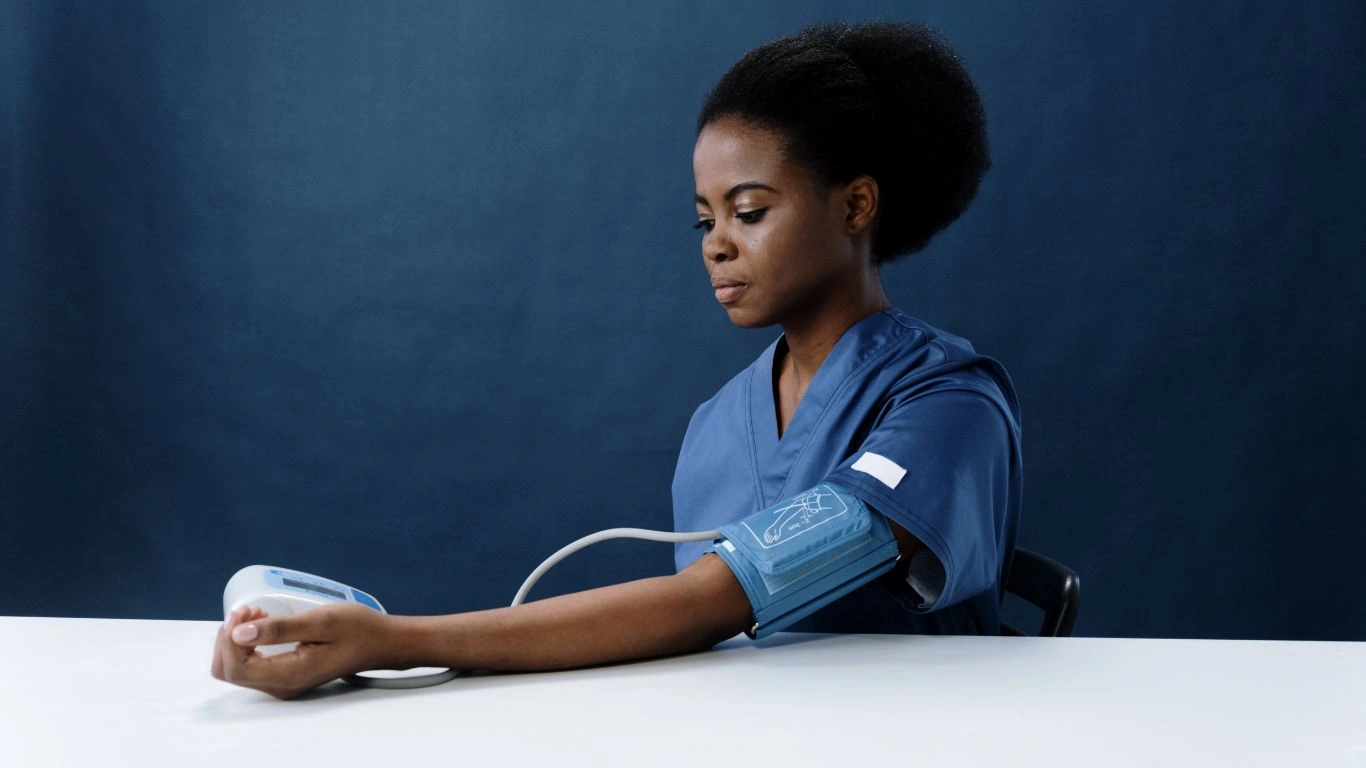
Reducing Cardiovascular Risk
Managing sleep apnea does more than just lower your blood pressure numbers. It reduces your overall cardiovascular risk—heart attacks, strokes, arrhythmias like atrial fibrillation. When you’re no longer having repeated oxygen drops and surges in stress hormones all night, your heart finally gets to rest. And that rest? It pays off in years added to your life and life added to your years.
Patients often ask, “If I fix the sleep apnea, can I get off my meds?” The honest answer? Sometimes. But even if you still need medication, you’ll likely need less—and you’ll definitely see better results. It’s not about throwing pills at a problem anymore. It’s about treating the whole person, sleep and all.
The Hidden Cost of Ignoring It
Here’s something not enough people talk about: the hidden costs of untreated sleep apnea. Not just the increased doctor visits or higher doses of medication. We’re talking real quality of life stuff—brain fog, morning headaches, poor concentration, even depression. And it adds up.
If you’ve got high blood pressure that won’t budge, and you’re walking around with undiagnosed sleep apnea, it’s like trying to fix a leaky pipe with duct tape. You’re always going to be managing the damage instead of stopping the leak.
Takeaways for Patients and Providers
For Patients
- Don’t ignore the signs: loud snoring, daytime sleepiness, waking up feeling unrefreshed.
- Ask your doctor about sleep apnea testing—especially if you’re on multiple BP meds.
- Stick with treatment—whether it’s CPAP, lifestyle changes, or a combination. It gets better with time.
For Providers
- Screen early and often—especially for patients with resistant hypertension.
- Collaborate with sleep specialists to create a comprehensive plan.
- Reinforce compliance and support—many patients abandon CPAP early without proper guidance.
There’s no silver bullet for hypertension, but if I’ve learned one thing, it’s that sleep—good, restorative, uninterrupted sleep—might be one of the most powerful tools we’ve been underutilizing all along. And for patients living with the double burden of high blood pressure and sleep apnea, that connection is the key to turning things around.
References
- American Gastroenterological Association
- Sleep Foundation
- American Heart Association
- Centers for Disease Control and Prevention
Disclaimer
This article is for informational purposes only and does not constitute medical advice. As a board-certified Internal Medicine physician, I’ve shared insights based on clinical experience, but individual needs may vary. Please consult your healthcare provider for personalized guidance.

Dr. Gwenna Aazee is a board-certified Internal Medicine Physician with a special focus on hypertension management, chronic disease prevention, and patient education. With years of experience in both clinical practice and medical writing, she’s passionate about turning evidence-based medicine into accessible, actionable advice. Through her work at Healthusias.com, Dr. Aazee empowers readers to take charge of their health with confidence and clarity. Off the clock, she enjoys deep dives into nutrition research, long walks with her rescue pup, and simplifying medical jargon one article at a time.

